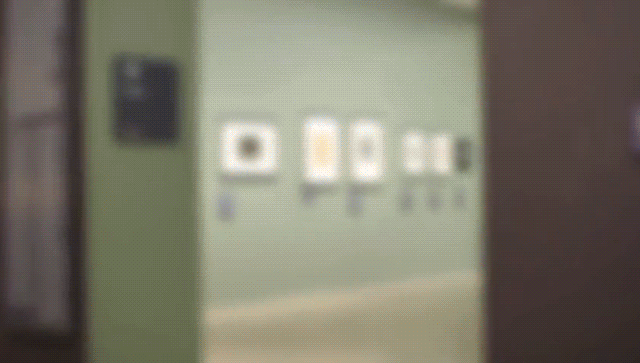Although it might have seemed like a good idea to host the 2014 FIFA World Cup in Brazil — one of the most soccer-obsessed countries in the world — massive social unrest has taken the country by storm in the lead-up to the tournament.
The Brazilian government is spending an estimated $14 billion on this year's tournament, making it the most expensive World Cup to date. This has provoked outrage among Brazilians, many of whom view the government as corrupt, and are now seeing vast amounts of money being spent on soccer stadiums and police, while the country's endemic poverty and social issues are ignored.
This growing unrest led to violent anti-government protests breaking out in June of 2013, which have continued with increasing momentum in the lead-up to the World Cup. The Brazilian government has responded to these demonstrations by deploying massive numbers of police and military throughout the country in an attempt to suppress the masses. Despite this crackdown, major demonstrations continue to take place in cities across the country as international teams begin to arrive for the games.
VICE News traveled to Brazil to see how the country is preparing for one of the world's biggest international events, while simultaneously struggling to control a mounting civil uprising.
São Paulo Monorail Collapses Days Before World Cup Begins:http://bit.ly/1oRxhZ5
Watch 'Chaos in Brazil: On the Ground at the World Cup (Dispatch 1)'
http://bit.ly/1m0GFdY
Check out the VICE News beta for more: http://vicenews.com
Follow VICE News here:
Facebook: https://www.facebook.com/vicenews
Twitter: https://twitter.com/vicenews
Tumblr: http://vicenews.tumblr.com/
Tickling the Dragon's Tail Written by Michael Hodgson /
First track from the debut studio album Tickling the Dragon's Tail Written by Michael Hodgson Published by Native Tongue Music Publishing Available from http://misledconvoy.bandcamp.com/
Origin of the World - Deborah de Robertis /
On May 29, Deborah de Robertis, a performance artist from Luxembourg, walked in to Paris 'Museé d'Orsay in a gold, sequined dress & sat down in front of Gustave Courbet's Origin of the World.
Courbet's masterpiece, the famous painting depicts a woman's vagina in detail.
Mimicking Courbet's painting, which shook the sensibility of audiences in 1866 to their core.
Shepard Fairey - OBEY this Film /
Film/Edit: http://www.BrettNovak.com
"Several months ago I was commissioned by the Halsey Institute out of Charleston, South Carolina to shoot a short film on the infamous street artist behind OBEY: Shepard Fairey. I definitely knew Shepard's work, whether it be that repetitive face of Andre the Giant popping up at every street corner I've ever been on, or as the Obama Poster that definitely did more for an election than just add aesthetic to it - but I was not aware at how incredibly inspiring Shepard would turn out to be. For a new understanding of how this skateboarder turned mega famed street star turned out to be, check this film out."
Brett Novak - skater / film maker
Sabotage /
"All business sagacity reduces itself in the last analysis to judicious use of sabotage"
Thorstein Veblen
Dawn of Midi . New York accoustic Jazz Trio /
Little Bushman - Peaceful Man /
Little Bushman with the NZSO - Filmed at Wellington Town Hall 2009. Kaboose Media



















